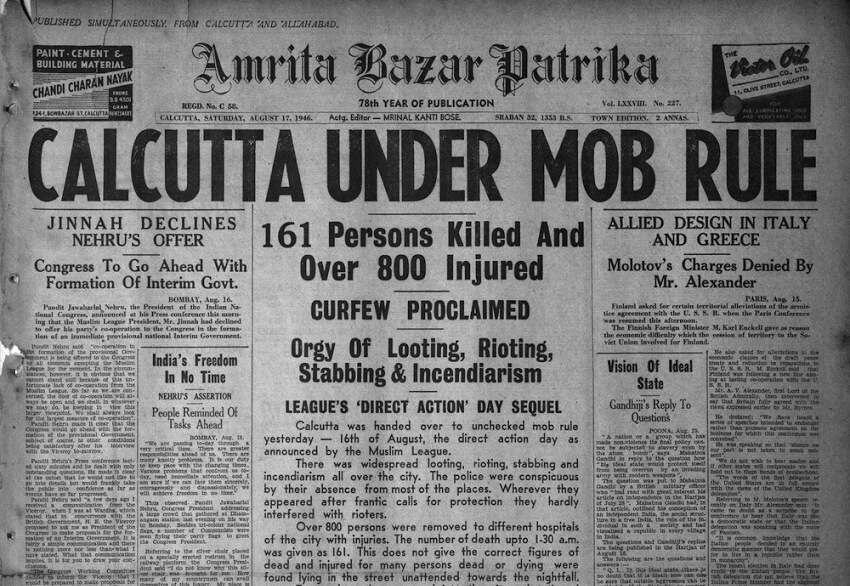As the world celebrates the 30th World Press Freedom Day on 3rd May, lets take a look into the status of press freedom in India.
In the 2023 World Press Freedom Index, India ranked 161 out of 180 countries, as per a report released by global media watchdog Reporters Without Borders (RSF). India’s position has gone down as in 2022, the country was ranked at 150. In terms of freedom of press, even Pakistan stands at a better position at 150.
According to RSF, “With violence against journalists, highly concentrated media ownership, and political alignment, PRESS FREEDOM IS IN CRISIS in the world’s largest democracy.”
Freedom of Speech and Expression – Constitution of India
Article 19(1)(a) of the Constitution of India guarantees all citizens the right to freedom of speech and expression, including the right to express opinions and views verbally or in writing.
The Indian Constitution guarantees freedom of speech and expression to all citizens, but it is not absolute. Article 19(2) of the Constitution allows reasonable restrictions on this right for specific purposes. These restrictions are imposed in the interests of:
Security
Sovereignty and integrity of the country
Friendly relations with foreign countries
Public order
Decency or morality
Hate speech
Defamation
Contempt of court
Incitement to an offense
On 3 January 2023, a five-judge Constitution Bench led by Justice Abdul Nazeer held that the freedom of speech could not be restricted for any reason other than those under Article 19(2)—not even the violation of other fundamental rights. The Court did, however, mention that public officials needed to be more careful with their comments. It also stressed the need for a code of conduct to regulate the same.
Recent laws to silence media in India
“Freedom of the press is not mentioned as such in the constitution, but it is protected by the right to freedom of expression. However, governments have never shied away from using colonial era laws, such as those relating to sedition, defamation and anti-state activities, to suppress the media. Anti-terrorism laws are increasingly used against journalists. New laws have been introduced that will give the government extraordinary power to control the media, censor news and silence critics, including the 2023 Telecommunications Act, the 2023 draft Broadcasting Services (Regulation) Bill, and the 2023 Digital Personal Data Protection Act,” informs Reporters Without Borders (RSF).
Role of press in Indian history and Vernacular Press Act
The history of India’s freedom movement during the colonial regime will be incomplete if the role of vernacular press is not mentioned. Newspapers were a major tool for national awakening against colonial rule and a mouthpiece of protest against imperial injustices. These newspapers played a crucial role in influencing the masses, updating them about political developments and spreading the word about political ideologies and strategies that fuelled the movement for freedom.

Newspapers as a mass medium helped in spreading the call for unity against British rule thereby encouraging India’s youth to come forward and take part in the movement to free their motherland from British colonial rule. Newspapers at that time were a weapon for influencing the masses and criticism of first the East India Company and later the British Raj; as a result, many were banned by the Government. However, efforts to suppress the voice of the press were made even by the British Raj. The Vernacular Press Act was established by Lord Lytton in 1878 to repress voices in vernacular or non-English press criticising policies and activities of the British Government. The act was intended to control the vernacular press and take action against newspaper reports which encouraged sedition.
Indian journalists killed in recent years




